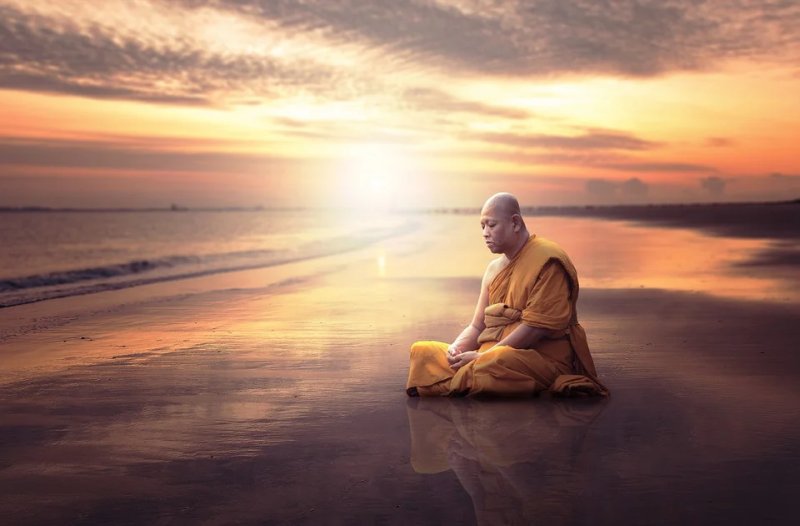
Many individuals tend to associate the notion of “faith” with either religion or superstition and they consider it to be contrary to “logic”, “reason” or “science”. What they fail to realize is the fact that at nearly every moment humankind lives by faith.
For instance, we have faith that we will witness the sun rising in the morning. Science has an explanation for that probability but science cannot guarantee that an accident will not befall the sun, the earth or ourselves. For man, in reality, understands very little about what controls his destiny. Yet we have faith that ultimately science will discover an explanation for that which we do not presently understand just as we have faith that medicine can heal us. But at the same time, we express doubt in religion, since it teaches what is beyond our reason and what appears contrary to our rational logic.
In brief, modern man tends to have faith only in himself and in his own ability to explain, and hence control, his own destiny. But does it ever occur to us that we are only able to explain, or at the best to “partially explain” a small fragment of the events that occur in our universe, let alone control them?
Our present day scientific achievements seem wondrous because, like small children, we have just learned to walk, touch and feel the world about us. And just like children we exercise our egos by believing that we can control the world.
The ancients did have faith in RELIGION too much of it being man-made. For in those days the childlike mind of man attempted to exert his ego to control his world by either propitiating the gods or pretending that he represented a god.
The modern world has come to reject such a man-made religion, but in its place they have substituted blind faith in man-made science and technology, believing that such will offer the means to control human destiny.
Buddhism teaches the fallacy of both views. Man will never be able to control his destiny by praying to the gods, or even imagining that he has the power to represent a god that might transcend his feeble world, any more than he will be able to control his destiny by using his own “logic”, “reason” or “science”. But what is the answer? It is simply that we must search within our own beings and discover there the source of unity that makes us part of the universe as well as part of each other. The universes, worlds, and sentient beings are all interrelated we form circle, all being part of each other. The perfection of nature, the fact that the sun will rise tomorrow on our world, should provide us with humble proof, that we belong. We can never aspire to be gods or even represent the Absolute, but each of us, in our own way does have a spark of divinity or Buddha-nature within ourselves.


